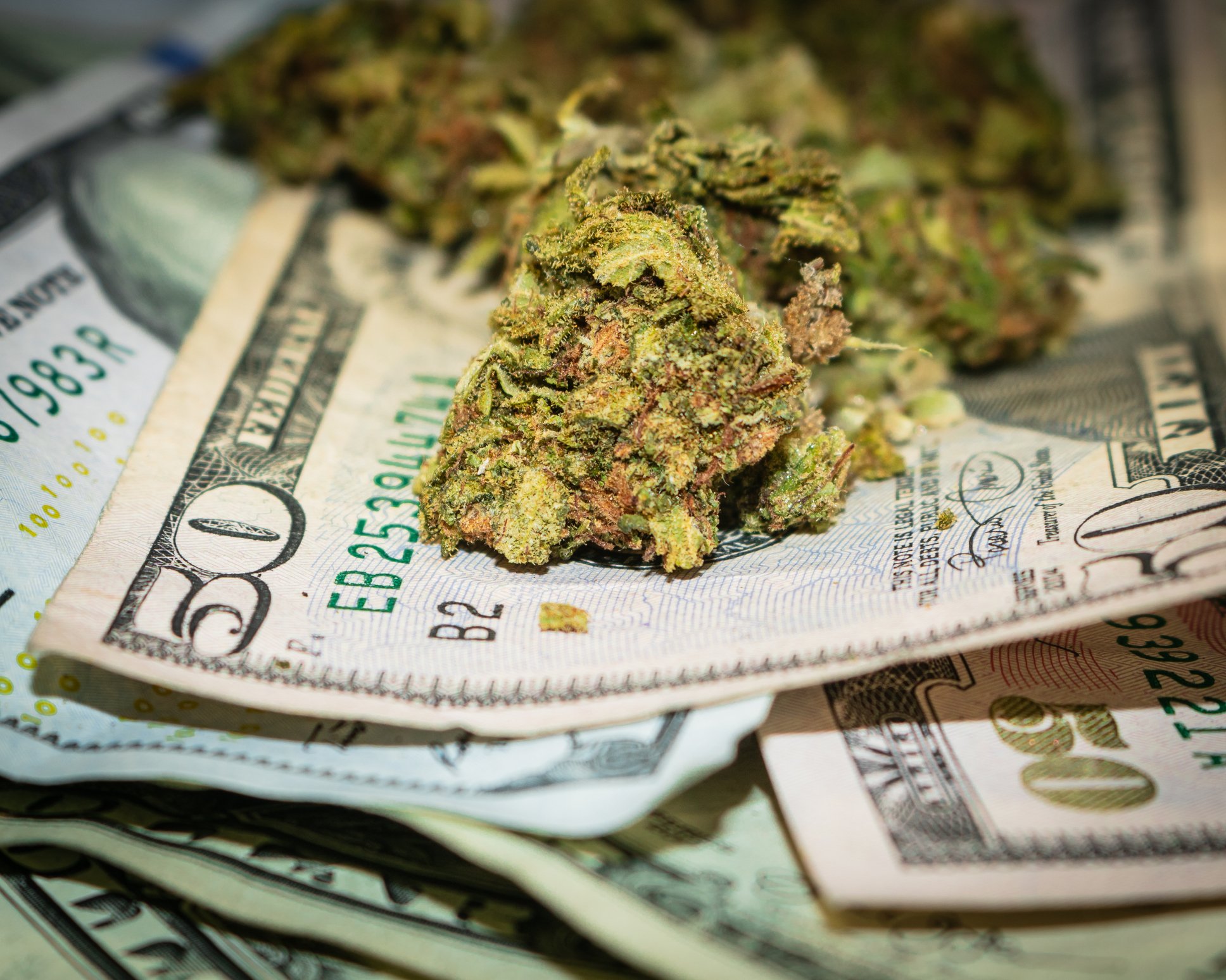Marijuana stocks in Canada enjoyed strong revenue growth in 2019. Prior-year results were easy to compare to because the government hadn't legalized pot until October 2018.
In 2020, the edible and ingestible market will continue to help pad the sales of Canadian pot stocks. The problem, however, is that while the revenue numbers may be up from last year, they may not be as strong as what investors are hoping for.
Restrictions on edibles pose a problem
Edibles are an exciting new segment of the cannabis industry. From beverages to food products, there are many new products that companies can develop. In September, industry leader Canopy Growth said it was working on 50 new edible products.
The challenge for Canadian companies is that the industry is heavily restricted, and edibles are no exception. One of the more problematic limitations is that for edible cannabis, Health Canada states there can be no more than 10mg of tetrahydrocannabinol (THC) per package. For many cannabis consumers, that's simply not enough THC -- and they can obtain higher levels from the black market.

Image source: Getty Images.
Even in the U.S., consumers can buy packages of edibles that contain as much as 100mg of THC. It's not a competitive situation for Canadian consumers to have to eat 10 edible packages to reach the same THC content as what they can get in the U.S. or on the black market. It also isn't optimal for companies that have to do a lot more packaging, which drives their costs higher.
Why cannabis-infused chocolate could lag behind other edibles
Chocolate is a popular product for cannabis consumers, but low THC levels could make it hard to move the product. Edible producer Choklat is seeing significant demand for chocolate from cannabis companies. The company has even received a request from one company for two million chocolate bars.
And while the demand is there from cannabis companies, that doesn't mean it may be there from consumers -- at least not yet. Alberta-based retailer Bow Cannabis noted its best-selling items thus far have been gummies and chewables, and that consumers haven't had as much interest in chocolate products.
While it's still early and the sample size is small, it could be a cause for concern. Gummy products come in a wider range of flavors than chocolate, and it's easier to consume a large amount of gummies than chocolate to arrive at a higher THC level.
Should investors avoid companies that depend on chocolate edibles?
If cannabis-infused chocolate products don't sell as well as expected, that could be a problem for certain companies. Organigram (OGI +6.29%) invested 15 million Canadian dollars into a chocolate production line that would enable it to produce up to four kilograms annually of cannabis-infused chocolate products.
When the company made the announcement in May 2019, it was clear that chocolate was a key area it was focusing on. Organigram CEO Greg Engel said, "With this investment, we will soon also be known for our world-class chocolate production capability."
Finding a subset of the edible market where it can establish a leadership position could be a solid long-term strategy. However, until Health Canada eases THC restrictions on edible products, consumers may opt for illicit sources for cannabis-infused chocolate.
The good news for Organigram is that it isn't dependent on just chocolate. The company released its first-quarter results in January, and with wholesale revenue of CA$9.2 million helping the company beat analyst expectations and produce a positive adjusted earnings before interest taxes depreciation and amortization (EBITDA), the stock soared close to 50%.
Whether it's able to continue producing strong results in 2020, however, will likely depend on how well its chocolate products are selling. And until those results start coming in, investors may want to hold off on investing in the marijuana stock.







